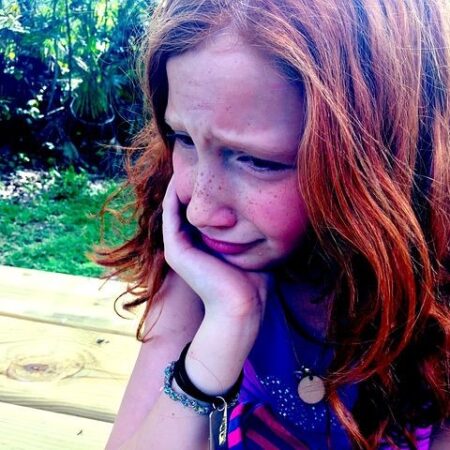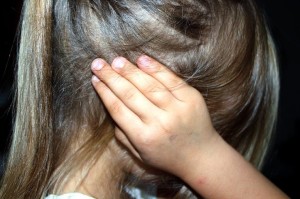Fearful, timid, uneasy, and panicked are words we don’t normally associate with childhood. Instead, we think of a child’s characteristics as fun-loving, peaceful, and brave.
Every child goes through various stages in life where they explore, grow, and develop into who they are supposed to be. During this time, children are learning about themselves—their likes and dislikes—as well as their hopes and fears.
But what if you begin seeing your child’s personality change to where their fears outweigh their hopes? What if their worries are irrational and actually debilitates or isolates them? What if daily anxiety is such a struggle that it greatly affects their day-to-day living?
No parent wants to experience their child struggling with this type of ongoing fear. We understand there is “healthy fear” that strengthens—even challenges—children for the better. Without healthy fear, such as trying a new hobby or making new friends, resiliency won’t have a chance to build. Hardiness of spirit builds up when a child goes outside their comfort zone and completes the task at hand. This shapes confidence and other important character skills.
While some minor anxiety in children is common and understandable, other anxiety symptoms can separate everyday apprehension from anxiety disorders. These types of disorders can present in both physical and emotional ways. There are various kinds of anxiety conditions such as social and generalized anxiety.
In my experience counseling children with anxiety, social anxiety is most prevalent. This type of anxiety goes beyond self-consciousness. Some common red flags may include fear of eating or drinking in public, excessive nausea or vomiting, freezing up in social events, or refusal to attend school.
If your child’s concerns are consistently overriding their everyday life, it can be helpful for you to contact a counselor to begin working with your child. Together, they can develop coping skills to help your child manage and overcome excessive worries.
Keep in mind, your child’s anxiety is not their identity. It is important to understand anxiety, but not take it on as a label. Even when their worries seem endless, the education and tools learned in counseling can provide hope and healing. There is help available, even when the fear makes you or your child feel helpless. You are not alone in this situation.
Working with a counselor can help both you and your child learn more about anxiety and the triggers that go along with it. Counseling can give you the tools to help combat anxiety when it starts to present itself. Working alongside a professional in the field can help reduce anxiety and its symptoms, and build resiliency that strengthens your child against their fears. With help, anxiety doesn’t have the power to be the driving force for your child. The sooner intervention begins, the quicker your child can overcome anxiety.


